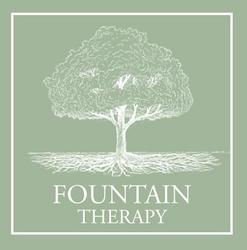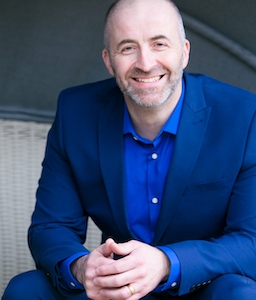Anxiety & Depression in the workplace
Do you feel like anxiety and depression in the workplace is taking hold of your life? Is the thought of going back to work after being off after mental health problems worrying you?
Some people are concerned about how colleagues will react, for example, that you won’t be able to cope. Our Podcast will explore this issue so that you can understand yourself better.
- How would you like to hear our podcast to help get you out of bed?
- What would it be like to understand why your mind is telling you to run away and hide?
- Are there signs that those mental health triggers were there from a young age?
Most mental health problems are present by the time we reach the age of 24 years old and can get worse as we get older.
Call us today to speak to one of the Therapists or Counsellors about anxiety in the workplace.
We are here and can help you tel: 07772 467444
Fighting the anxiety and depression in the workplace.
If you feel like you have been feeling down persistently for weeks or months then it may be a sign of depression. A third of the UK workforce suffer depression which means you are not alone. This means that 15.4 million days a year are lost and cost businesses millions.
It is important that you recognise some of the signs so that you can either help yourself or gain help.
- How would you like to fight the persistent anxiety, or a constant sadness so that you feel happier?
- Are you having thoughts of hopelessness but want to find out why?
- What would it be like to regain interest in hobbies or activities so that you find joy again?
What is important is to seek help early and increase your chances of feeling better. Talking about how you feel will help but remember to consult your doctor and the NHS.

Anxiety & Depression in the workplace. Are the cracks beginning to show?
The Podcast that explores your health and discusses the options.
This Podcast will give you the tools to feel better or at least know where to find help. It will not give you all the answers but will start your journey. You can also start to look at options such as behavioural therapy or NLP, counselling or other therapy. You can call us today or watch and listen to our Podcast about anxiety and depression in the workplace, tel: 07772 467444












